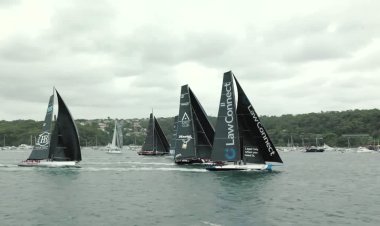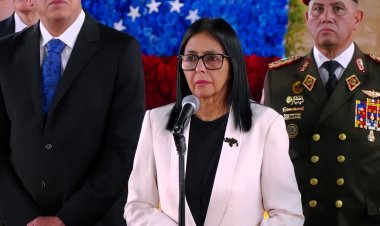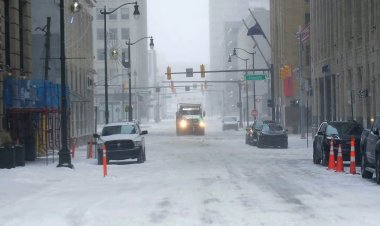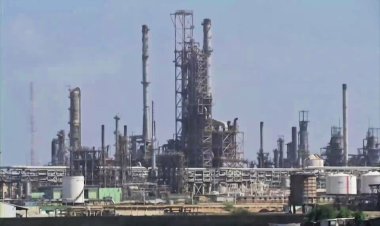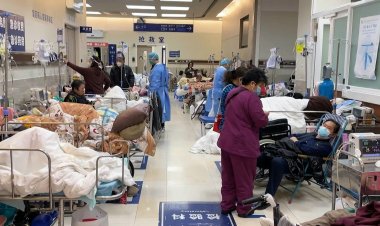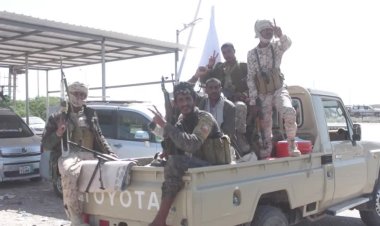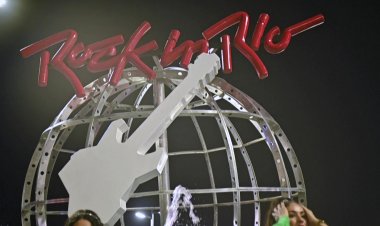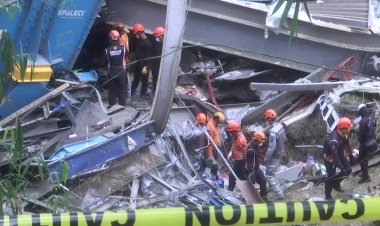Lagos Protests Escalate Amid Economic Hardship
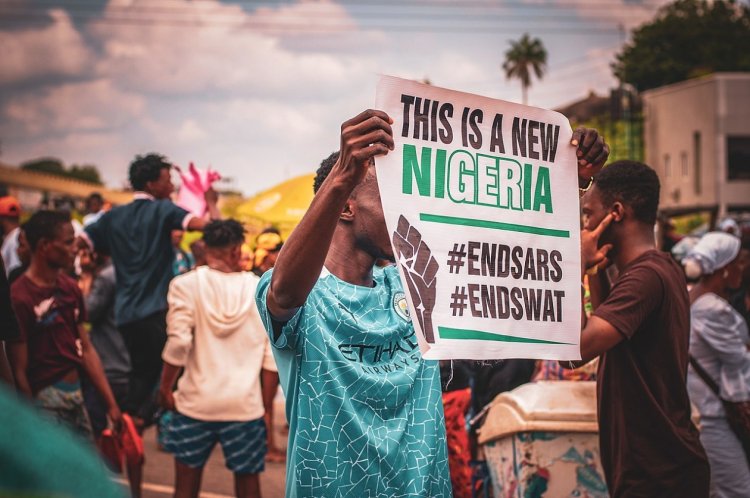
Protesters in the commercial city of Lagos were chased by a group of men dressed in civilian clothes, while another was arrested.
Nigerians have been mobilizing online to organize protests against economic hardship and bad governance and have called for a cut in petrol prices and electricity tariffs, among several demands.
Tinubu called for an end to violence in several states since the protests started, saying he was always open for dialogue.
Nigeria's police arrested dozens of protesters and fired teargas to disperse those trying to march to government offices in the capital, Abuja, on a third day of demonstrations over a cost-of-living crisis.
In northern Kano state, at least one person was shot in the neck and rushed to a hospital, witnesses said.
At least 13 people were killed when protests turned violent, Amnesty International said, blaming police for using live rounds.
Police said that in three days of protests, seven people died, but they denied responsibility. Nearly 700 people were arrested during the protests and nine officers injured, police added in a statement.
Police have sought to confine protesters to the outskirts of major cities to avoid disruptions to business and traffic.
Demonstrators gathered at a major stadium in Abuja, but police used teargas to disperse them when they attempted to march on a major road into the center of the city.
Police and the army intensified patrols in Kano State, where some protesters attempted to break into a police station near the neighborhoods of Kurna and Rijiyar Lemo.
In the commercial hub of Lagos, more than 1,000 protesters gathered peacefully to denounce economic hardship worsened by President Bola Tinubu's reforms that started last year with the removal of a popular fuel subsidy and the devaluation of the currency, which sent inflation soaring.




